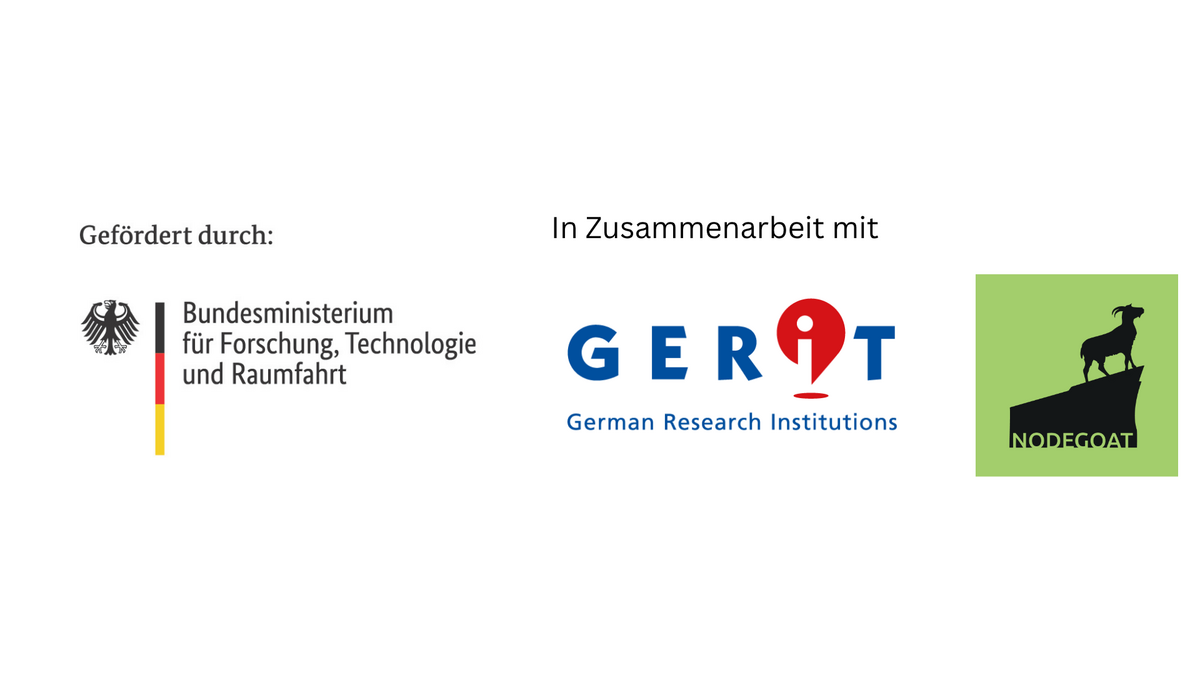About the project
In the last 30 years, the world has become intensively interconnected and “globalized” through the increased mobility of people, goods, capital, cultural patterns but also viruses. This has a direct impact on the production of knowledge about that very world and its global connections. The project “The production of world knowledge transformed” focusses on such effects and impacts with a particular emphasis on area studies, transregional studies, global studies and related fields.
Project Researcher
Background
In the mid-2000s, academic actors and government bodies diagnosed serious structural deficits in German area studies and diagnosed a threat of a lasting loss of expertise in regional studies in Germany. One recommendation was the establishment of interdisciplinary, larger and thus more visible research centers with a regional focus (see: Lackner et al. 1999; Wissenschaftsrat 2006a, 2006b; Freiburger Memorandum zur Zukunft der Regionalstudien in Deutschland am Beispiel ausgewählter Weltregionen 2005). The German government followed the recommendations and provided, starting in 2009, new funding initiatives to promote the creation of such centers and like-minded networking.
The origins of this crisis were not exclusively of a financial or structural nature but they rather can be understood through the history of the research fields. Thus, in Western European countries, area studies traditionally investigated everything non-European and later everything "non-Western." Disciplines such as African studies, Oriental studies, Latin American studies, Eastern European studies, or Southeast Asian studies reflect this conception of knowledge production. They emerged as disciplines (or regional studies) in Europe since the late 18th century and reflect – like all academic disciplines – the political and social interests of their time. The corresponding world regions were usually only accessible at comparatively great expense, which made it easier to perceive them as different or foreign. In addition, area studies were traditionally misunderstood as a kind of data supplier to the so-called core disciplines such as history, sociology, or economics, with seemingly only marginal contribution to theory building. The core disciplines on the other hand saw themselves often as the methodologically oriented subjects with universal research questions seemingly independent from spatial contexts. Doubts, however, in the categories and the resulting universalism build on European/ Western observations and experiences have formed an undercurrent to the mainstream organization of knowledge production as well since the 18th century.
This historically grown understanding of area studies and core disciplines was bound to falter as "the world" in everyday living experience grew closer. At the latest after the end of the Cold War and the accompanying acceleration of global processes, it became increasingly urgent to ask whether we in Germany, as in the West in general, were still pursuing research into the knowledge we would need in the emerging multipolar world order. The traditional division of the world into North America and Europe as the undisputed scientific centers on the one hand and the rest of the world, which was being researched and/or could learn from North America and Europe on the other hand, increasingly proved to be what it has always been: a Eurocentric view.
In parallel to these developments at the national level, science was also changing under the impact of global processes. Since the 1980s at the latest, and at an increasing pace from the 1990s onward, international research and teaching collaborations increased, as did individual academic mobility for study and research purposes. With the growing capacity of the Internet and digital technologies, rankings, publication databases, and indicators for the (seemingly objective) comparability of scientific performance have also become increasingly relevant. However, due to the great reputation of the Anglo-American university systems, there is a bias towards an Anglophone publication and reputation system.
Research questions
Our main research question is: How have research topics and the structure of disciplines in research centers and academic institutions related with these fields changed in Germany since the debates on the future of area studies in the mid-2000s and the subsequent governmental funding programs? To what extent have the desired goals of increased visibility and interdisciplinary and cross-faculty collaboration been achieved?
Three major challenges from recent times pose additional research questions for the area studies and, in consequence, for the world-knowledge project: 1. The social sciences and humanities have widely acknowledged that eurocentrism has to be over-come and at the same time, we observe a certain persistence of it in academic careers and epistemological authority. 2. Climate change and decreasing resources show the need for a stronger cooperation of Sciences and Humanities. 3. Digitization, data production and artificial intelligence ask for new ways of dealing with data in terms of collection, archive, sharing and cooperation. To find answers to the mentioned questions, we are combining quantitative and qualitative methods including bibliometric analyses on knowledge production, especially in indexed and non-indexed academic journals. We plan to visualize the findings in a series of cartographic and thematic maps.
Approach
Our study therefore surveys the development and current status of a knowledge field being in transformation. (see also: Middell 2013; Mielke und Hornidge 2017). It covers the period since the early 2000s and divides this period in three parts, starting with the period of crisis diagnosis, followed by a period of a new funding scheme, and finally a period of continued but more heterogenous funding initiatives: 2003-2008; 2009-2017; 2018-2025.
As a first step, we are compiling an overview of the institutional landscape as well as the connections of German institutions to other parts of the world. To this end, we are conducting a broad data collection and analysis and use sources such as websites and annual reports. We take into account the changed conditions described above by striving to record the "intellectual output" of area studies located in Germany using bibliometric methods: We analyze academic journals and monographs of a selected authors panel. With an appropriate visualization method we map the knowledge field in its performance and entanglements. We present our results for discussion within the peer community.
Goal
The result will show the intellectual and institutional developments that were initiated from Germany or - thanks to networking - became sources of inspiration for the German science system. The collected data sets will be communicated when the project results are published (in the sense of verifiability in the review process) and made accessible when the project is completed (in the sense of an open data policy).




